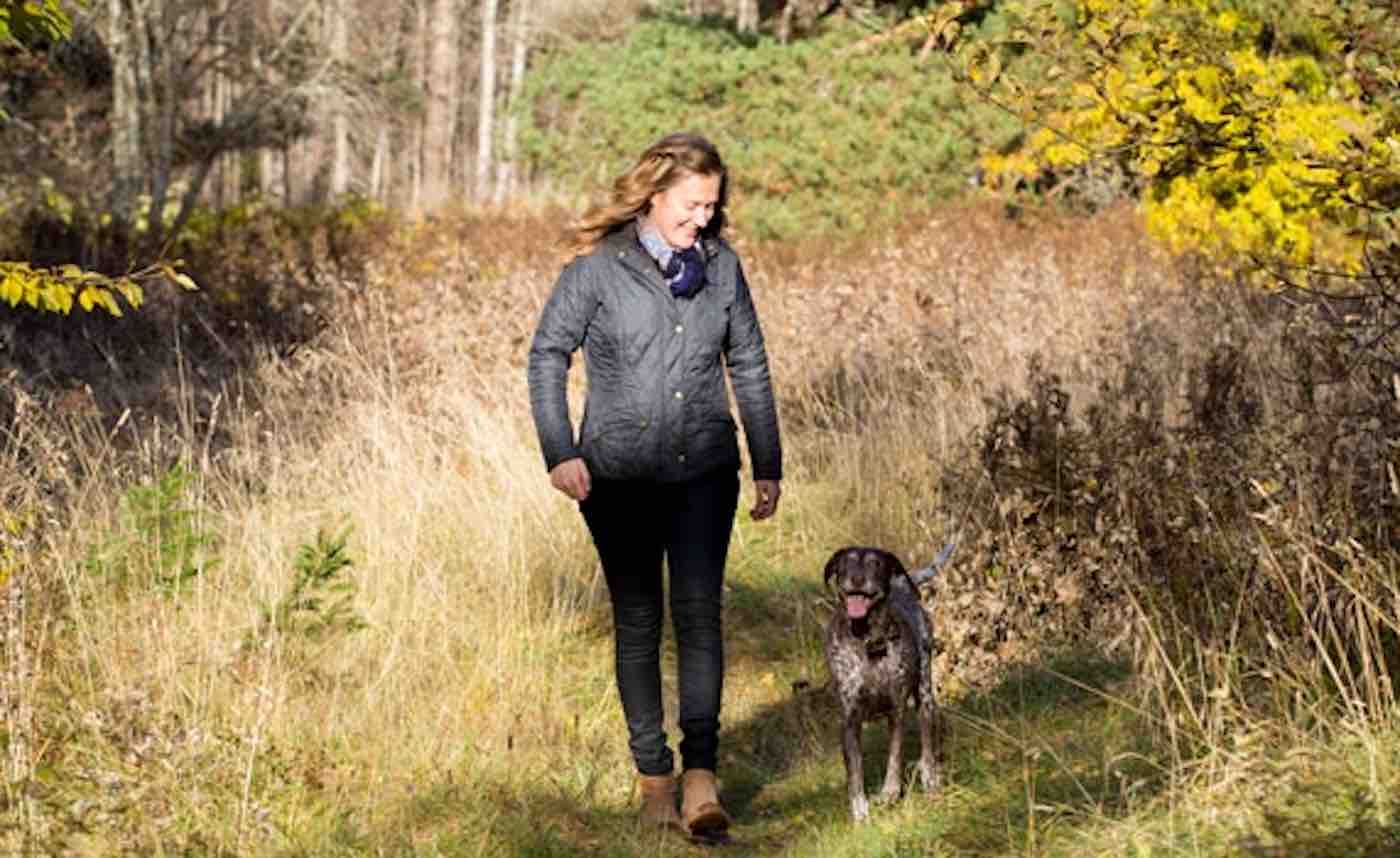There may be more to being a “dog person” than just having a preference – this new research suggests that it’s in our genetic makeup.
A team of Swedish and British scientists have studied the heritability of dog ownership using information from 35,035 twin pairs from the Swedish Twin Registry.
The results indicate that an individual’s genetic make-up has a great influence on whether they choose to acquire a dog. Genes appear to account for more than half of the difference in dog ownership.
Dogs were the first domesticated animal and have had a close relationship with humans for at least 15,000 years. One study that was conducted in 2018 says that dogs are surprisingly empathetic and they will do anything to help when you’re distressed, while this other piece of research says that dogs are so delighted by the sight of human smiles, they will ignore danger just to bask in their owner’s joy.
RELATED: Goats Want to See You Smile, Says Adorable New Study
Today, dogs are common pets in our society and are considered to increase the well-being and health of their owners. Just to name a few of the benefits, this recent survey of American pet owners shows that people have made more than a few friendships and meaningful connections through their pup. This 2015 study also suggests that living with a dog may boost your immune system.
In order to investigate the dog-human relationship, a team from Uppsala University compared the genetic makeup of twins (using the Swedish Twin Registry – the largest of its kind in the world) with dog ownership. The goal was to determine whether dog ownership has a heritable component.
The results are published for the first time in Scientific Reports.
“We were surprised to see that a person’s genetic makeup appears to be a significant influence in whether they own a dog,” said Professor Tove Fall, lead author of the study. “As such, these findings have major implications in several different fields related to understanding dog-human interaction throughout history and in modern times.
“Although dogs and other pets are common household members across the globe, little is known how they impact our daily life and health. Perhaps some people have a higher innate propensity to care for a pet than others.”
Carri Westgarth, who is a lecturer in human-animal interaction at the University of Liverpool and co-author of the study, adds: “These findings are important as they suggest that supposed health benefits of owning a dog reported in some studies may be partly explained by different genetics of the people studied.”
LOOK: Matches Made in Heaven (and Jail): Look at the Troubled Dogs Saved From Euthanasia by Doting Inmates
Studying twins is a well-known method for disentangling the influences of environment and genes on our biology and behavior. Because identical twins share their entire genome, and non-identical twins on average share only half of the genetic variation, comparisons of the within-pair concordance of dog ownership between groups can reveal whether genetics play a role in owning a dog.
The researchers found concordance rates of dog ownership to be much larger in identical twins than in non-identical ones – supporting the view that genetics indeed plays a major role in the choice of owning a dog.
“These kind of twin studies cannot tell us exactly which genes are involved, but at least demonstrate for the first time that genetics and environment play about equal roles in determining dog ownership,” says Patrik Magnusson, senior author of the study and Head of the Swedish Twin Registry.
CHECK OUT: Dog Saves Its Owner’s Life When It Sniffs Out Cancer, Not Once, But Three Times
“The next obvious step is to try to identify which genetic variants affect this choice and how they relate to personality traits and other factors such as allergy.”
Zooarchaeologist and co-author of the study Keith Dobney added that: “The study has major implications for understanding the deep and enigmatic history of dog domestication.”
“Decades of archaeological research have helped us construct a better picture of where and when dogs entered into the human world, but modern and ancient genetic data are now allowing us to directly explore why and how.”
Reprinted from Uppsala University
Be Sure And Share This Pawesome Article With Your Friends On Social Media – Photo by Mikael Wallerstedt / Uppsala University




















